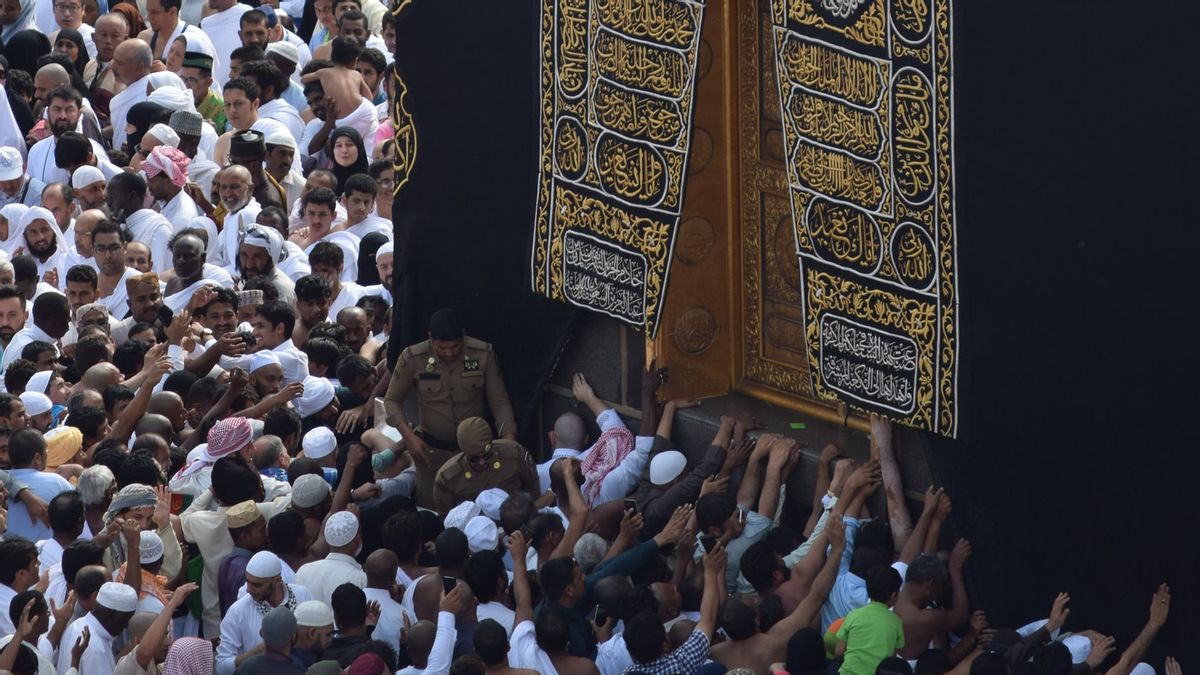JAKARTA - Secretary of the Directorate General of Islamic Guidance at the Ministry of Religion M Fuad Nasar hopes that the hajj pilgrims can be spreaders of goodness in the surrounding environment.
Fuad hopes that after returning to the country, the pilgrims can actualize individual piety and social piety in social life.
"Hopefully the pilgrims will become Muslim prototypes who spread kindness, generosity, care, peace, and progress for the surrounding environment," said Fuad as quoted in a ministry press release in Jakarta, Saturday, July 16.
"Make the light of the Baitullah an inspiration for self-improvement and the good of the country we love together," he said.
He hopes that the mental, spiritual, and moral qualities of the Islamic community will increase as more people perform the pilgrimage.
Indonesian Hajj pilgrims will be repatriated to their homeland starting July 15, 2022. The first group to return to the country includes seven flying groups (kloters) from four embarkation areas.
The first group to be repatriated from the Holy Land consisted of 780 people from two Jakarta-Pondok Gede Embarkation groups, 818 people from two Jakarta-Bekasi Embarkation groups, 714 people from two Solo Embarkation groups, and 393 people from one Padang Embarkation group.
On Saturday morning, 410 people from Bekasi Hajj Embarkation and 393 people from Pondok Gede Hajj Embarkation arrived at Soekarno Hatta International Airport in Tangerang, Banten.
Arriving at the airport, pilgrims have their temperature checked. Pilgrims whose body temperature is above 37 degrees Celsius or experiencing symptoms of illness will undergo further observation and RT PCR examination.
Pilgrims will also undergo a health check upon arrival at the Hajj hostel and be monitored for 21 days.
The English, Chinese, Japanese, Arabic, and French versions are automatically generated by the AI. So there may still be inaccuracies in translating, please always see Indonesian as our main language. (system supported by DigitalSiber.id)









